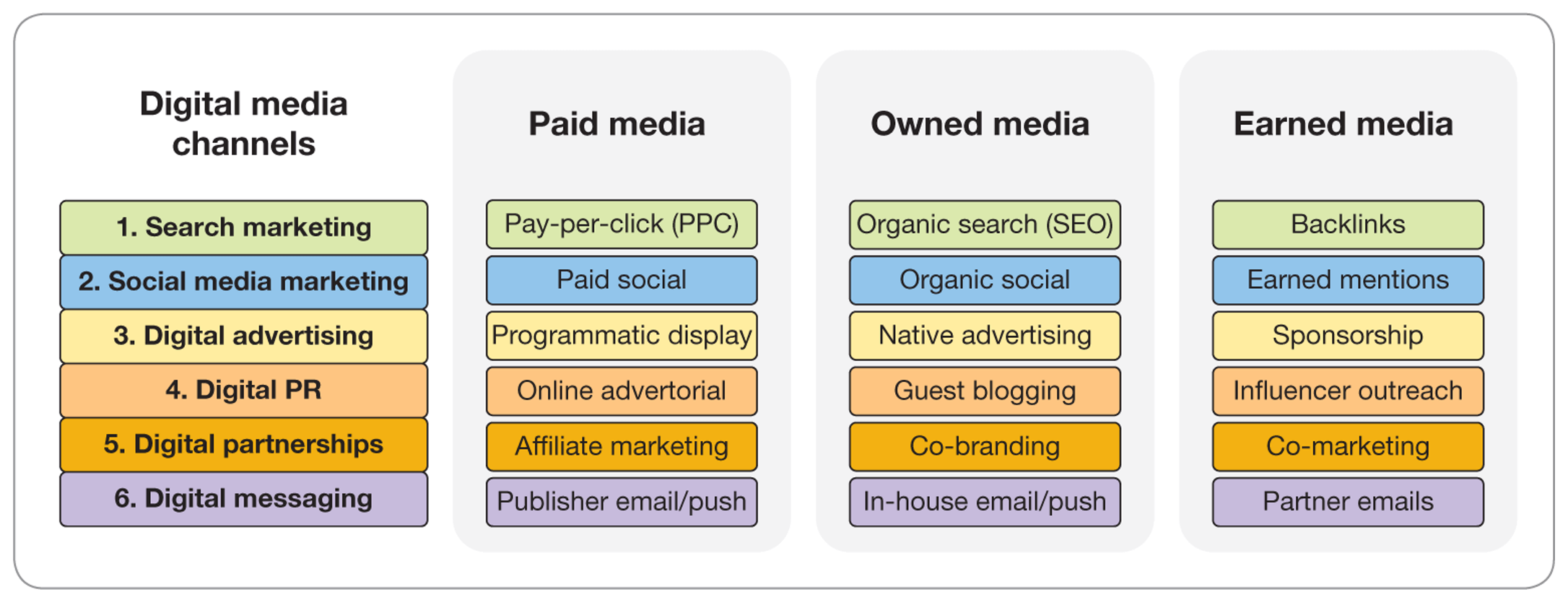OpenAI Unveils ChatGPT Search Engine To Challenge Google ...
OpenAI, the force behind the well-known chatbot ChatGPT, is stepping up the competition against Google with its recent launch of ChatGPT Search. Announced on November 2, 2024, this innovative search engine is poised to change how users find information online, aiming to dethrone Google, which has reigned supreme for decades.
Revolutionizing Search
The new feature allows users to access fast, real-time answers sourced directly from the web without wading through traditional search engine results. OpenAI's CEO, Sam Altman, describes this launch as his "favorite feature" since ChatGPT's debut, stating, “I find it to be a way faster/easier way to get the information I’m looking for.” He expressed excitement about the advancements in searching capabilities during a Q&A session on Reddit.
Perplexity AI Gets Major Funding from Jeff Bezos and NVIDIA

Conversational Approach
So, how does ChatGPT Search distinguish itself from other search engines like Google? Well, the approach is significantly conversational, allowing users to engage with the chatbot directly. Instead of presenting standard lists of links, ChatGPT provides summaries of information from across the web and cites its sources. For example, searching for restaurants will yield not only reviews but also insights on cuisine options available nearby, effectively mirroring user expectations for quickly accessible information.
Content Partnerships
To prepare ChatGPT Search for the public, OpenAI secured agreements with various media outlets, including The Atlantic, The Wall Street Journal, and Le Monde, ensuring users have access to reputable sources. These content partnerships allow the new search feature to deliver live updates on stock prices, weather forecasts, sports scores, and more without the usual intrusive advertisements typical of traditional search results.
chatgpt search: OpenAI releases ChatGPT search engine, taking on ...

Future Plans
Currently, the search function linked directly to ChatGPT is available for paying subscribers, with plans to extend this feature to free users later on. This means users on the Pro and Team plans now have instant access to real-time answers, enhancing their experience with the generative AI. If you’re not on one of these plans, you'll need to wait until OpenAI rolls out options for free users.
Collaboration and Competition
Interestingly, ChatGPT Search operates on the backend through other search engines, namely Bing, which is owned by Microsoft—another significant player within the AI and tech domain. According to OpenAI, this collaboration means utilizing various search technologies to provide the most relevant results possible.
15 best prompts for using ChatGPT for digital marketing | Smart ...

While this launch marks a leap forward for OpenAI, it’s important to recognize the massive mountain it faces with regard to Google's dominance. A survey conducted by Evercore indicated 8% of respondents chose ChatGPT over Google as their search engine of choice, up from just 1% earlier this year. Though these numbers show growth, Google continues to dominate the search market with around 91% of the share, making the transition for users challenging.
Industry Landscape
Even though Google does face challenges—the integration of its own AI technology, Gemini, aims to provide similarly detailed summaries of information—OpenAI’s unique offering presents users with alternatives to Google’s more advertisement-heavy approach. Alongside other newcomers like Perplexity, which also aims to provide AI-driven search solutions, ChatGPT Search expands the competitive field.
Legal Challenges
Legal scrutiny also hovers over these developments. OpenAI and Perplexity are both facing lawsuits from the New York Times, claiming unauthorized scraping of content. These legal battles highlight the fine balance between innovation and intellectual property rights, which play integral roles within the media and tech spaces.
Looking Ahead
With the digital information ecosystem ever-changing, this launch signals more than just competition; it prompts questions surrounding the future of search itself. Users may find themselves adapting to more integrated and conversational approaches to seeking answers, possibly reshaping their digital experiences.
ChatGPT Search has just begun paving its path, and with every innovative venture come opportunities for growth and challenges. How efficiently OpenAI can scale its operations and address the inherent legal and industry challenges will determine its long-term positioning within the AI-powered internet community. For now, the world watches with bated breath as the new contender enters the ring, setting the stage for what hopes to be the next evolution of search.




















